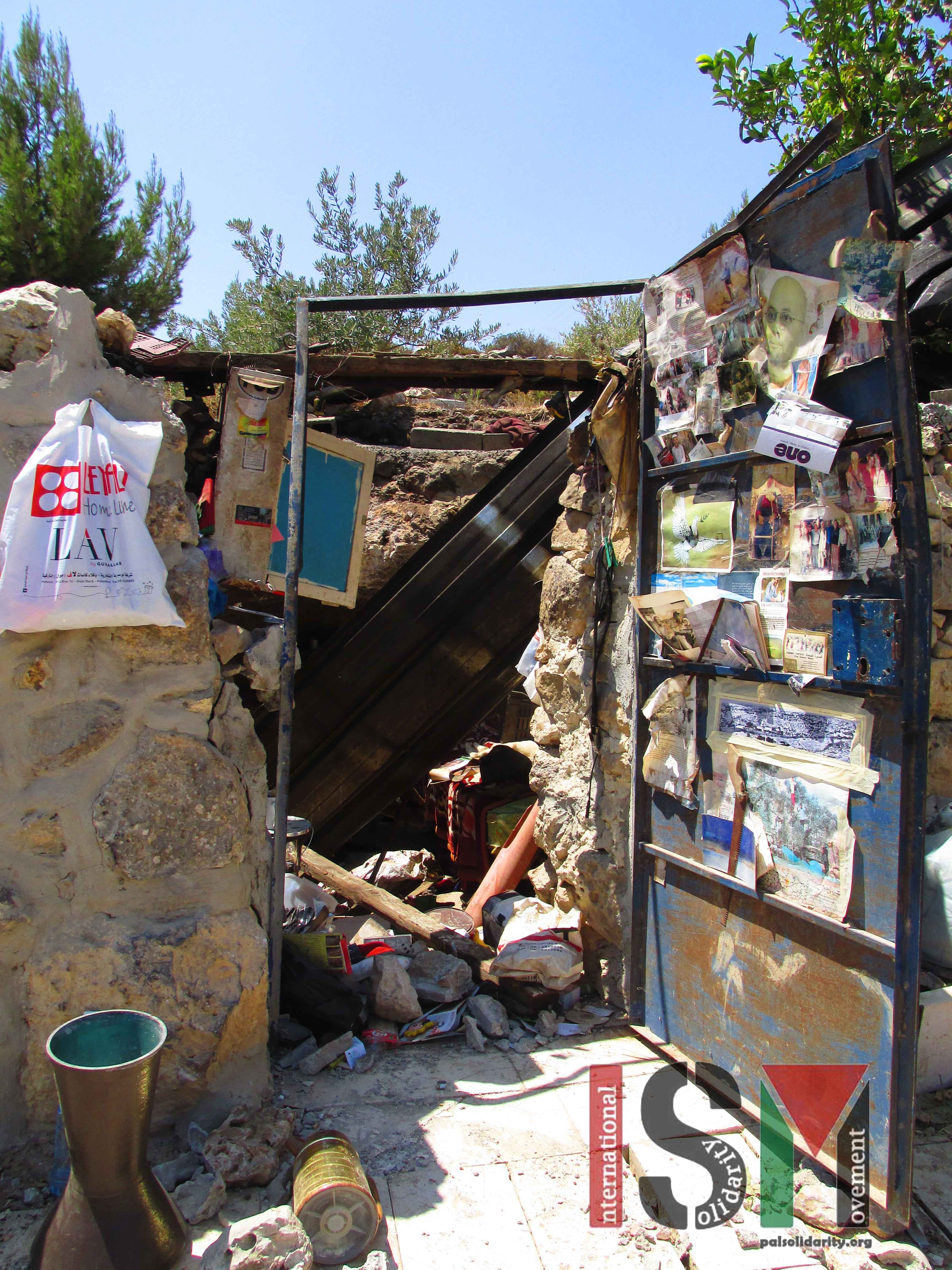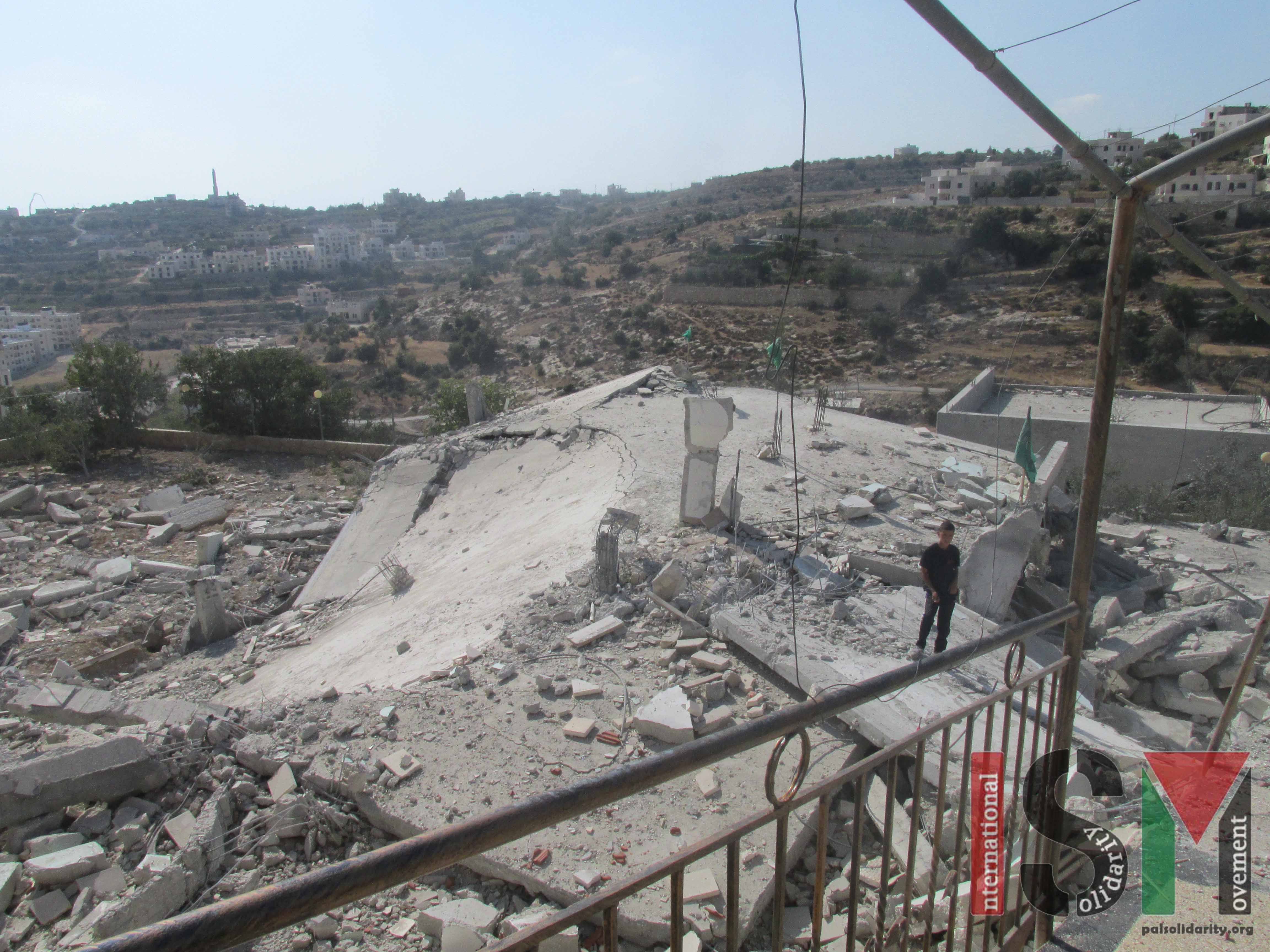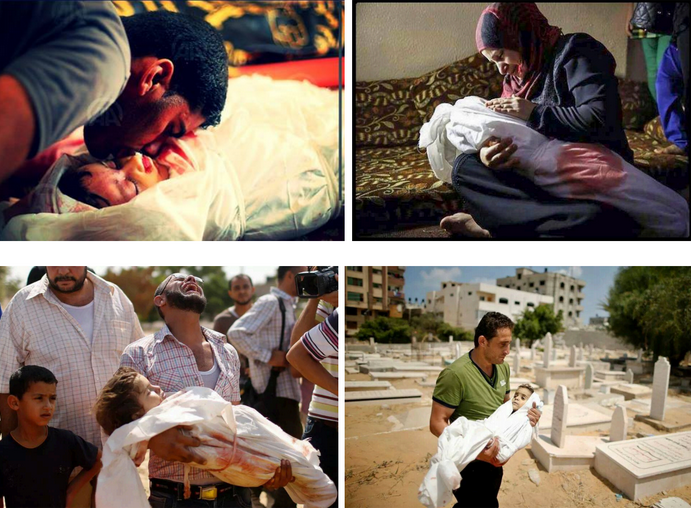Tag: House Demolition
-
Palestinians and ISM’ers clean up after demolition of Palestinian home
20th August 2014 | International Solidarity Movement, Khalil team | al-Walja, Occupied Palestine At 10am on the 18th of August in al-Walja, north of Bethlehem, the Israeli army demolished the residence of a Palestinian man. The man was alone on his land when the solders arrived with a bulldozer. The soldiers stated that they had a court…
-
Three homes destroyed in Hebron
19th August 2014 | International Solidarity Movement, Khalil team | Hebron, Occupied Palestine Yesterday, the Israeli army demolished the homes of three Palestinian families in al-Khalil (Hebron). At around 11pm on August 17th, a large Israeli military presence began to accumulate in the area of Daersat Alser where the homes of Abu Eisha and Marwan…
-
More stories from Gaza
9th August 2014 | Sarah Algherbawi | Gaza, Occupied Palestine Sarah Algherbawi is a Palestinian citizen who was born in Saudi Arabia in 1991 and now lives in the Gaza Strip. She finished her BSc degree in Business Administration at the Islamic University of Gaza, and now works as a media project coordinator. It is extremely difficult to find a…



